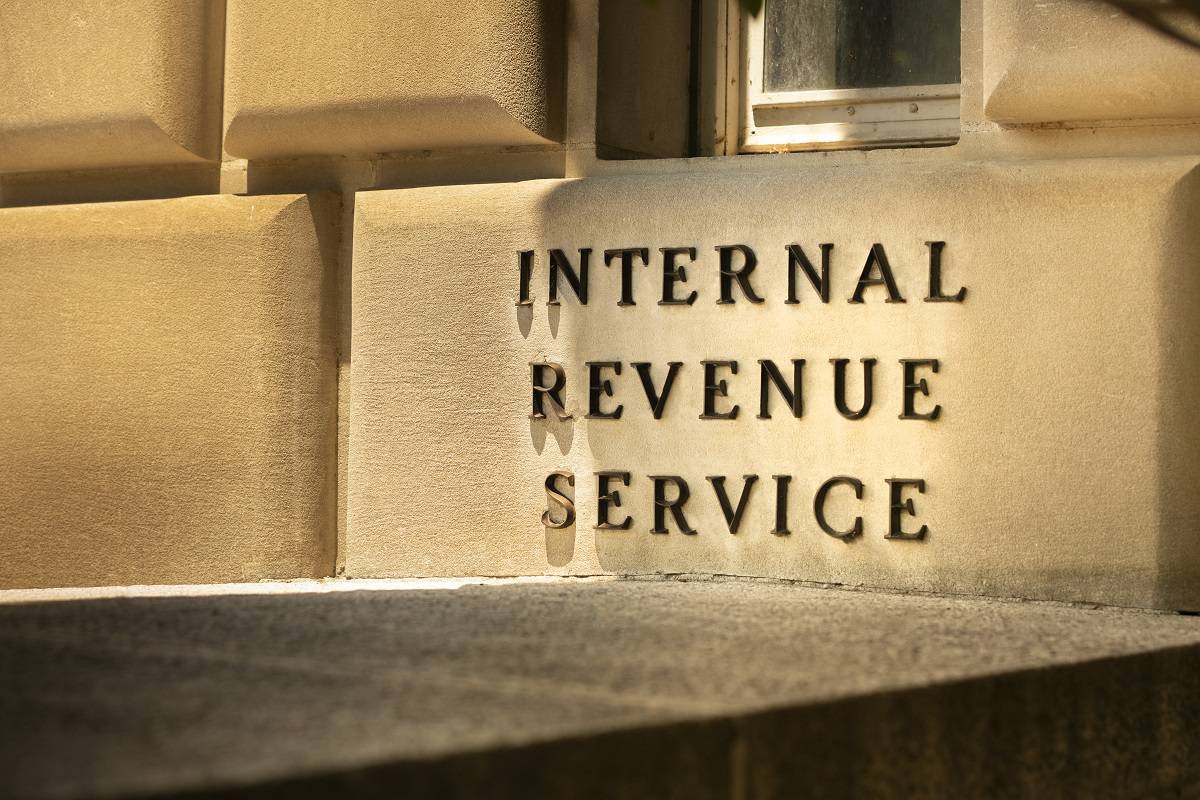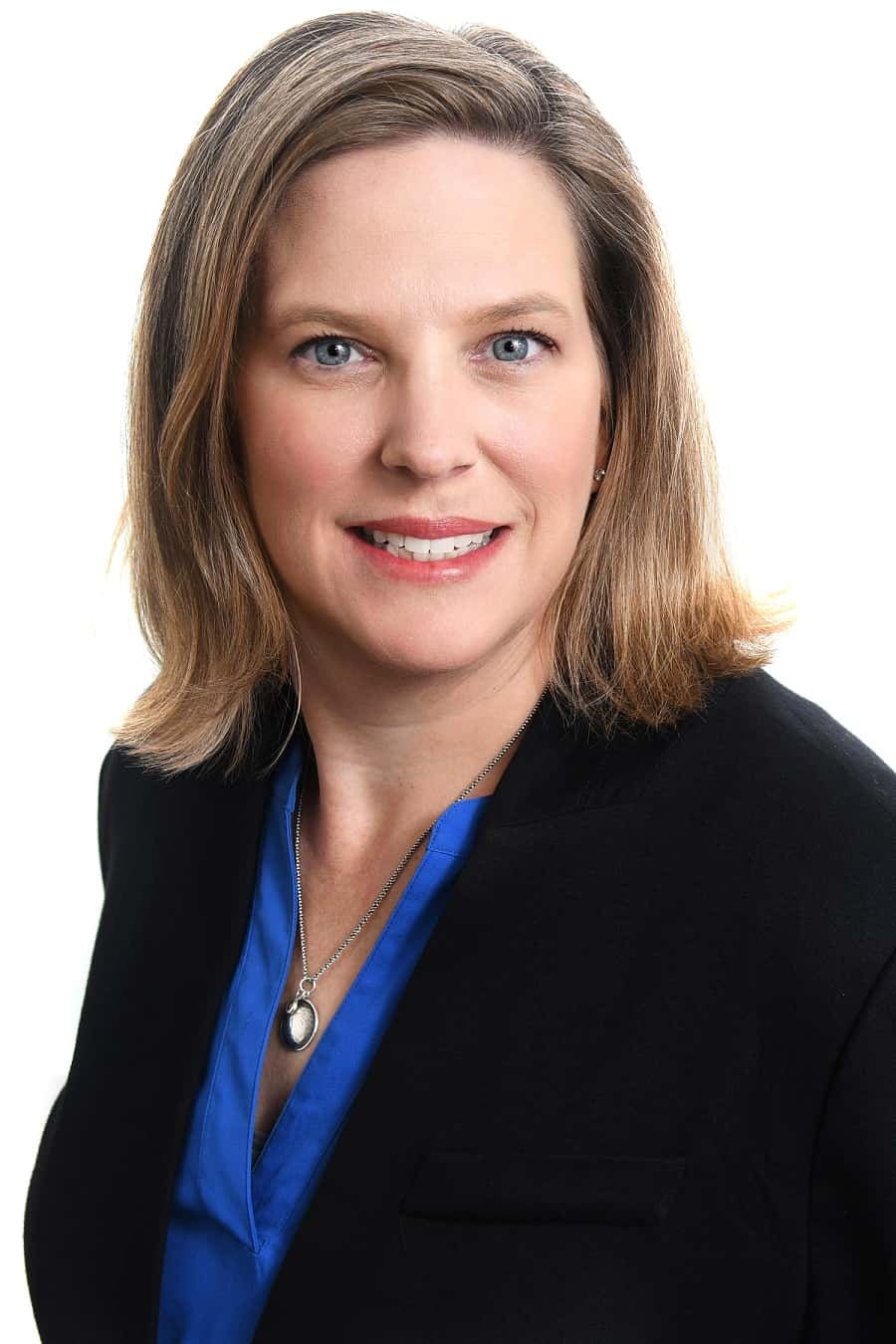
Potential Pitfalls and Updates on 1099 Reporting Categories for 2020
It is possible your company has incurred extra medical expenses related to COVID-19 in 2020 that must be reported to the IRS and the recipient on Form 1099-MISC by February 1, 2021. Below are the details on what medical and health care payments must be reported.
Medical and Health Care Payments (1099-MISC, Box 6)
Medical and health care payment reporting includes payments of $600 or more to health care providers such as doctors, nurses, hospitals, corporations* and any payee that offers medical and health care services. These services include drug screening, expert testimony and lab services as a primary business function.
In a situation where charges include both goods (e.g., pharmaceutical products, such as vaccines) and services (e.g., doctors and nurses who administer these goods to patients), the payor must report the entire payment.
Exclusions on medical payment reporting include payments to pharmacies for prescription drugs and payments to insurance companies for premiums paid on fully-insured health coverage. Payments made to tax-exempt hospitals and extra-care facilities do not require reporting in Box-6.
Separation of Payments to Attorneys
In 2020, reporting of legal expenses has gotten more complex as two different forms can come into play. Legal services are to be reported on Form 1099-NEC, and gross proceeds are to be reported on Form 1099-MISC. This reporting includes individuals and corporations.*
Legal services refer to payments made in the course of business for direct services, whereas gross proceeds pertain to monies paid to attorneys in connection with the legal services but not for their actual services. For example, fees paid in a settlement agreement are considered gross proceeds. Payments must be for $600 or more to qualify.
There are two common exclusions regarding settlement reporting – amounts paid for certain discrimination claims and amounts paid “on account of” physical injury.
In order to be in compliance, you must report all legal services on Form 1099-NEC, Box 1, and all gross proceeds (settlements) on Form 1099-Misc, Box 10.
*Typically, corporations are excluded from 1099 reporting; however, in the case of medical payments and attorneys, this exclusion does not apply.
Rental Payment Considerations
Rental payments may be easily overlooked but commonly include office space rentals and, to a much lesser degree, equipment rentals. Real estate rentals that are paid for business office space, if paid directly to the owner, must be reported on the 1099-MISC, Box 1. If it is paid to a real estate agent or property manager, reporting is not necessary. For further details on equipment rental, please contact your tax manager or consult the IRS website.
Electronic Filing Requirements
The law states that any corporation, partnership, employer, estate and/or trust required to file 250 or more information returns for any calendar year must file electronically. The IRS encourages filers who have fewer than 250 information returns to file electronically as well. The Taxpayer First Act of 2019, enacted July 1, 2019, authorized the Treasury and the IRS to issue regulations that reduce the 250-return requirement for 2021 tax-year returns. If those regulations are issued, they will be effective for 2021 tax-year returns required to be filed in 2022. Until regulations are issued, however, the number remains at 250.
IRS Enforcement
We should expect now more than ever for 1099 forms to come under scrutiny as all these changes are instituted. According to the Taxpayer Advocacy Group, it is expected that the IRS will increase enforcement by 5 percent, despite resources at the IRS being extremely thin due to the COVID-19 pandemic. With the IRS focusing more heavily on 1099 compliance filing for the tax year ending 2020, it is important to file timely and accurately.
For more information on 1099 updates, read our recent blog post 3 Changes to Tax Form 1099: How You Can Stay Ahead of the Game. If you have further questions on the changes to the 1099 forms, Moore Colson’s Tax Practice is available to help. Please contact us so we can strategize on the best approach for your business.



